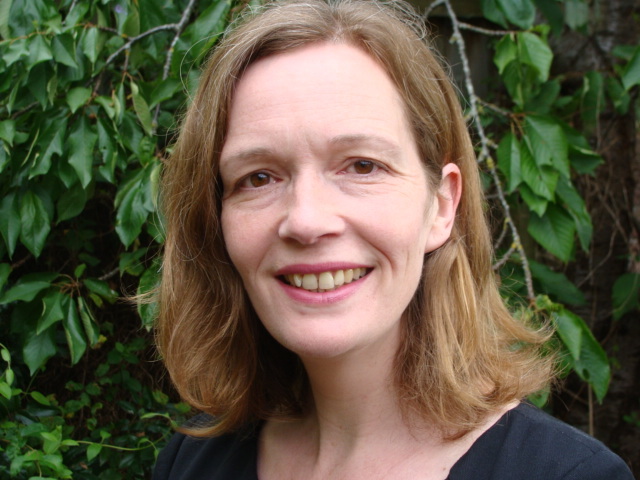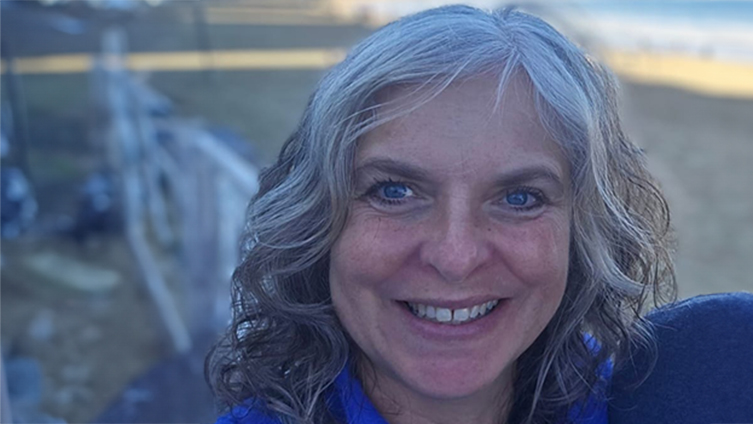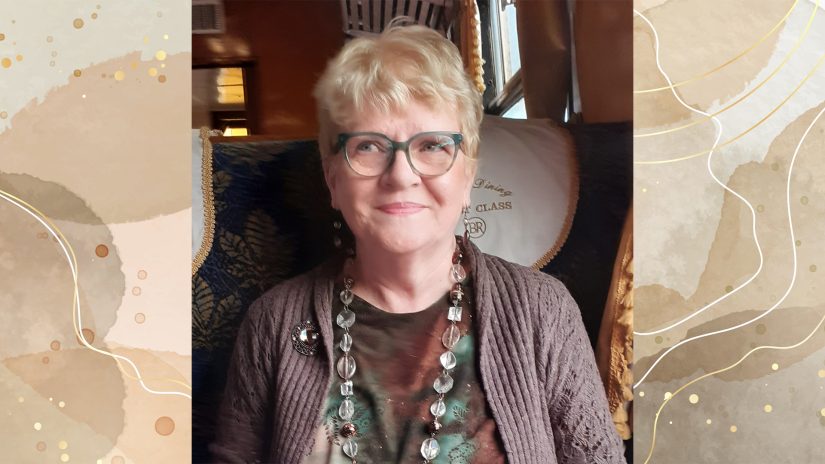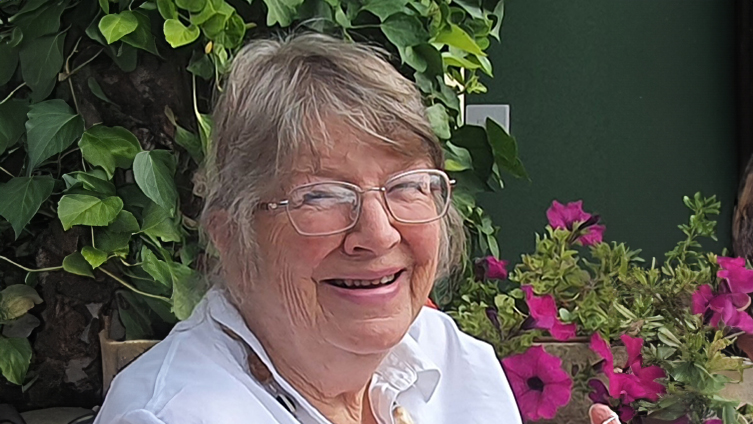
Lynn Love is our Writer of The Week and talks to us about “The Mermaid of Mortling Hall”.
Our Feb 17 issue sees the conclusion of Lynn Love’s serial, “The Mermaid Of Mortling Hall”. I caught up with the writer and asked her some questions about her first serial for the magazine.
“The Mermaid Of Mortling Hall” is such an evocative location for the serial. Is it based on a particular place, and how important is setting to you when it comes to writing your stories?
Setting is a great inspiration. We visited National Trust properties regularly when I was younger and I loved to feel the history of a house and imagine the lives of the residents. Mortling Hall is based on Aston Hall near Birmingham, a beautiful Jacobean manor house. The boathouse was inspired by The Grotto in Wanstead Park. I thought, what a wonderfully mysterious setting it would make.
This is a serial you wrote for our serial writing competition. What appealed to you about the competition, and do you prefer to writer serials compared to the likes of short stories?
The serial writing competition was just a wonderful opportunity to write for the “Friend”. I enjoyed the challenge of creating a story over three parts, of sustaining intrigue. It was something I hadn’t attempted before, but last year I wrote a thirty-seven-part serial for my blog, so the experience kick-started something! I write very short fiction, too – it depends on the story I’m trying to tell.
I don’t want to spoil the ending for anyone who hasn’t read “The Mermaid Of Mortling Hall”, but there is a tense scene in part three in the Firebraces’ cottage. Without giving the game away, was that an easy scene to write, and do you have more fun writing certain characters over others?
That scene was tricky. A lot had to happen – dialogue and action balanced with strong character performances. It’s a testing time for Louisa and shows who she and the Firebraces really are as people. I loved writing Louisa – her sense of justice and inquisitive nature. But Seth and Martha are exaggerated personalities and that was fun, too.
When writing, are you much of a plotter, or do you simply follow where your imagination takes you?
A bit of both. I have a loose structure, knowing what has to happen to move the story on. But it’s nice to leave space for spontaneity and to have ideas pop up I hadn’t considered when thinking logically about plot.
Notebook and pencil or laptop? Kitchen table or study? Blank wall or inspiring view?
I use a notebook on public transport, where I can people-watch and scribble unseen, and my laptop at home where I do most of my writing. I don’t have a study, but clear everything off the kitchen table, make a coffee and write. I look out at my garden, though in the summer I’m easily distracted by bees.
P.S., What’s your one top tip for aspiring writers?
Write – a lot – and get feedback, preferably from fellow writers whose opinion you trust. It’s frightening but the only real way to improve.




